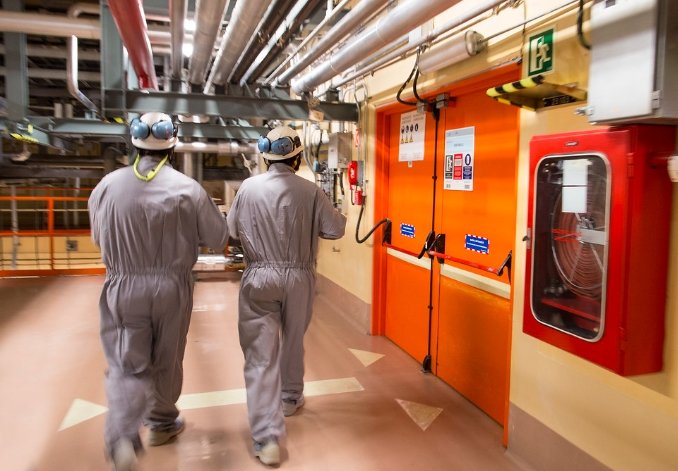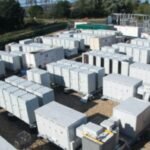ASCO, a UK-headquartered logistics and materials management company, has successfully secured a significant contract with Onslow Marine Support Base (OMSB) in Western Australia. This contract marks a pivotal moment for ASCO as it brings its renowned decommissioning expertise to the Southern Hemisphere for the first time. The project, which involves the deployment of radiation safety officers and specialized monitoring equipment, underscores ASCO’s commitment to enhancing safety and efficiency in the offshore decommissioning sector.
ASCO’s Strategic Move into the Australian Market
ASCO’s entry into the Australian market is a strategic move aimed at leveraging its extensive experience in the North Sea to support the decommissioning of aging oil and gas infrastructure in Australia. The company has been present in Australia for over 13 years, with operations in Perth, Darwin, and Dongara. However, this contract with OMSB represents the first time ASCO has delivered NORM (Naturally Occurring Radioactive Material) services in the region.
The project involved mobilizing two radiation safety officers (RSOs) to the OMSB site, along with NORM and mercury monitoring and analysis equipment. The RSOs, John Davidson and Robin Small, who collectively boast 25 years of expertise, provided on-site training for NORM awareness and monitored various hazards, including benzene and hydrogen sulphide. Their efforts ensured that supervised areas were set up correctly and that any contaminated materials were properly managed and contained.

ASCO’s work at OMSB has not only optimized the site but also enhanced the company’s management plans and risk assessments. This has resulted in top-tier radiation management and site safety operations, setting a new standard for the industry in Australia.
Enhancing Safety and Compliance in Offshore Decommissioning
The contract with OMSB highlights ASCO’s commitment to safety and compliance in the offshore decommissioning sector. OMSB’s Chief Operating Officer, Andre Veder, emphasized the importance of a robust focus on safety, efficiency, and compliance across the supply chain. OMSB holds a range of licenses, including a radiation license and associated management plan, to ensure the safe handling and storage of potentially radioactive items.
ASCO’s international experience with radioactive items has been instrumental in managing the risks associated with the project while maintaining the schedule of the works. The company’s expertise has allowed OMSB to achieve an effective and compliant outcome, further solidifying ASCO’s reputation as a leader in the decommissioning sector.
The successful completion of this contract demonstrates ASCO’s capability to deliver large-scale projects in Australia. It also establishes the company’s credibility in the region, paving the way for future growth and investment in the decommissioning of Australia’s aging oil and gas infrastructure.
Future Prospects and Growth Opportunities
ASCO’s contract win with OMSB signals significant growth opportunities for the company in Western Australia. Lee Vettese, Business Development Manager – Environmental Services and Decommissioning at ASCO, expressed excitement about bringing the company’s North Sea experience to the region. ASCO’s work in the North Sea has set the benchmark for global decommissioning activity, and the company is now poised to replicate this success in Australia.
The decommissioning of Australia’s aging oil and gas infrastructure presents a substantial market opportunity for ASCO. The company is well-positioned to capitalize on this opportunity, thanks to its proven track record and expertise in the field. ASCO’s commitment to safety, efficiency, and compliance will continue to drive its success in the region.
Looking ahead, ASCO is predicting continued growth in the Australian market as it maximizes the opportunities presented by the decommissioning sector. The company’s strategic move into Australia is a testament to its confidence in the region’s potential and its ability to deliver high-quality decommissioning services.


















